Tooth loss can be caused by caries, gum diseases and trauma. Tooth loss, which affects our daily life, eating function and aesthetic concerns, is not insoluble. On the contrary, you have many options as a solution to tooth loss. One of them is the implants that are widely used today.
What is an Implant?
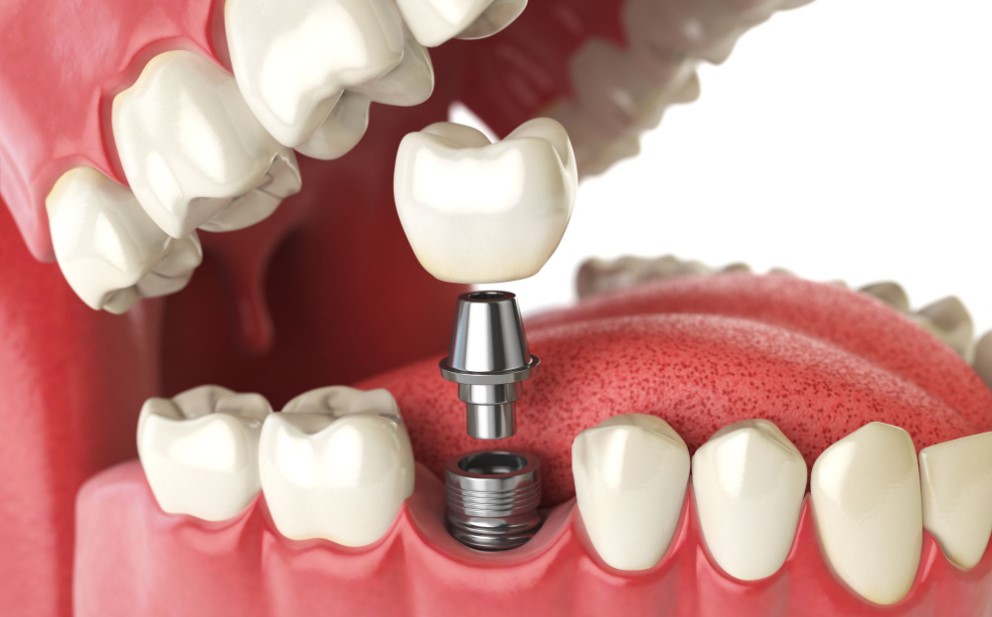
Implants are a treatment option made by placing a screw in the bone in the area of tooth loss and then placing a prosthetic artificial tooth on it. It is made of titanium and has a screw-like shape and is inserted into the jawbone.
The part of the screw that remains in the bone acts as a root, and then the prosthetic tooth is placed on it. No intervention is required on the surrounding teeth. In this way, it replaces the missing tooth and acts as your own natural tooth.
How Is Implant Made?

Before the procedure, x-rays and tomography are requested, and then the physician evaluates whether there is sufficient bone level and quality. Thanks to tomography, the way of implant entry is determined at the same time, and nerve and tissue damage is prevented.
It is performed under local anesthesia and, in some cases, under sedation or general anesthesia. In this way, you will not feel any pain while making room for the implant in the bone. After the implant site is opened, the implant is placed and the healing head and the gingival and bone harmonization process begin. In this process, ossification of the implant is expected. This ossification and healing process can vary from three to six months.
After the ossification and healing process is completed, prosthetics on implants are made with the preferred prosthetic materials. These prostheses can be fixed as well as movable or have variants that can be attached and removed by the physician.
There are many sizes and types of implants. Sometimes, when there is insufficient bone density, the addition of bone powder provides the ideal bone quality. Sometimes, a solution to insufficient bone size can be found with mini-implants. The number, type and size of implants to be placed are decided by the physician.
What are the Points to Consider After Implant?

- The most important factors to be done during the implant treatment are not to smoke and to pay attention to hygiene. Smoking causes problems in the ossification process of the implant as it heats up the mouth and affects blood circulation.
- At the same time, smokers are a risk group for implant treatment because it delays healing and prepares an environment for infection.
- Until 24 hours after the surgical procedure, spitting, taking a shower in hot water, doing heavy exercise, tampering with the area, any action that may create adverse pressure in the mouth, consuming too hot or too cold, consuming alcohol and cigarettes should definitely not be done.
- In order to prevent the infectious disease called implantitis, these hygiene rules must be strictly observed after implant-based prostheses are attached. Interface brush, dental floss and correct brushing practices must be done.
- You should definitely go to your doctor's control examinations and have the desired x-rays taken. Early recognition of any complication is very important.
Is Implant Treatment More Advantageous?

Tooth loss can also be treated with bridges and removable dentures. However, removable prostheses are very uncomfortable and challenging for some patients. Bridges are made by cutting and reducing the adjacent teeth. Even if your tooth is healthy, it will be cut and reduced, and naturally this can cause problems that may occur in the future.
Implants do not damage adjacent teeth like bridges. Sometimes, the patient has the option of implant or removable prosthesis for gaps that a healthy bridge cannot restore. Implants do not cover the entire jaw like removable prostheses and have fixed options.
It can be said that it is more advantageous compared to bridges and removable prostheses.
What Complications May Occur in Implant Treatment?
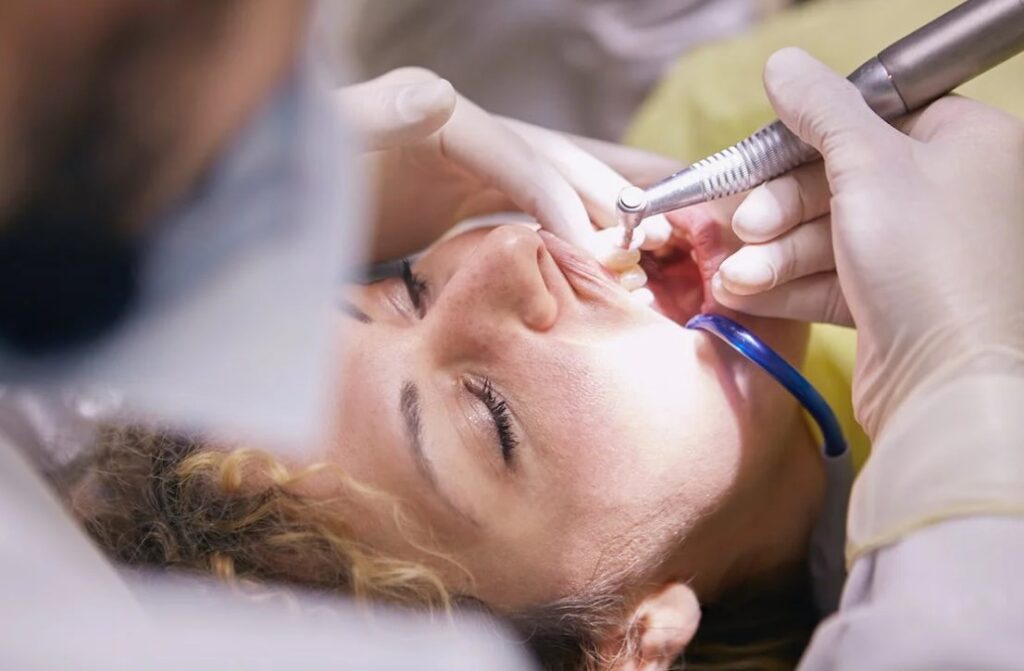
Some complications may occur during and after implant treatment. For example:
- Redness
- Swelling
- Pain
- Bruising
Sometimes more serious complications can occur:
- Sinus inflammation
- Sinus Tear
- Loss of bone level
- Permanent numbness of the lips and face
- Damage to adjacent teeth
- Nerve and tissue damage
What are Implant Brands and Prices?
Implant brands vary depending on many factors such as durability, material and warranty. The most commonly used implant brands are AlphaBio and Nobel. There are also domestic implants and they are more affordable than imported brands.
However, most of the imported implants provide a lifetime warranty. Domestic implants do not have such an option.Lifetime warranty means cost-free replacement of implants in case of failure.
The screw part of the implant is made to order and has prices determined for each brand. The price may vary since implant-supported prostheses are made in laboratories where the clinics are contracted.

 English
English Turkish
Turkish Deutsch
Deutsch العربية
العربية![[:en]What is an Implant?[:tr]İmplant Nedir? Nasıl Yapılır? İmplant Diş Hakkında![:] implant nedir?](https://proestetik.com.tr/wp-content/uploads/2023/01/Implant-nedir-2.jpg)



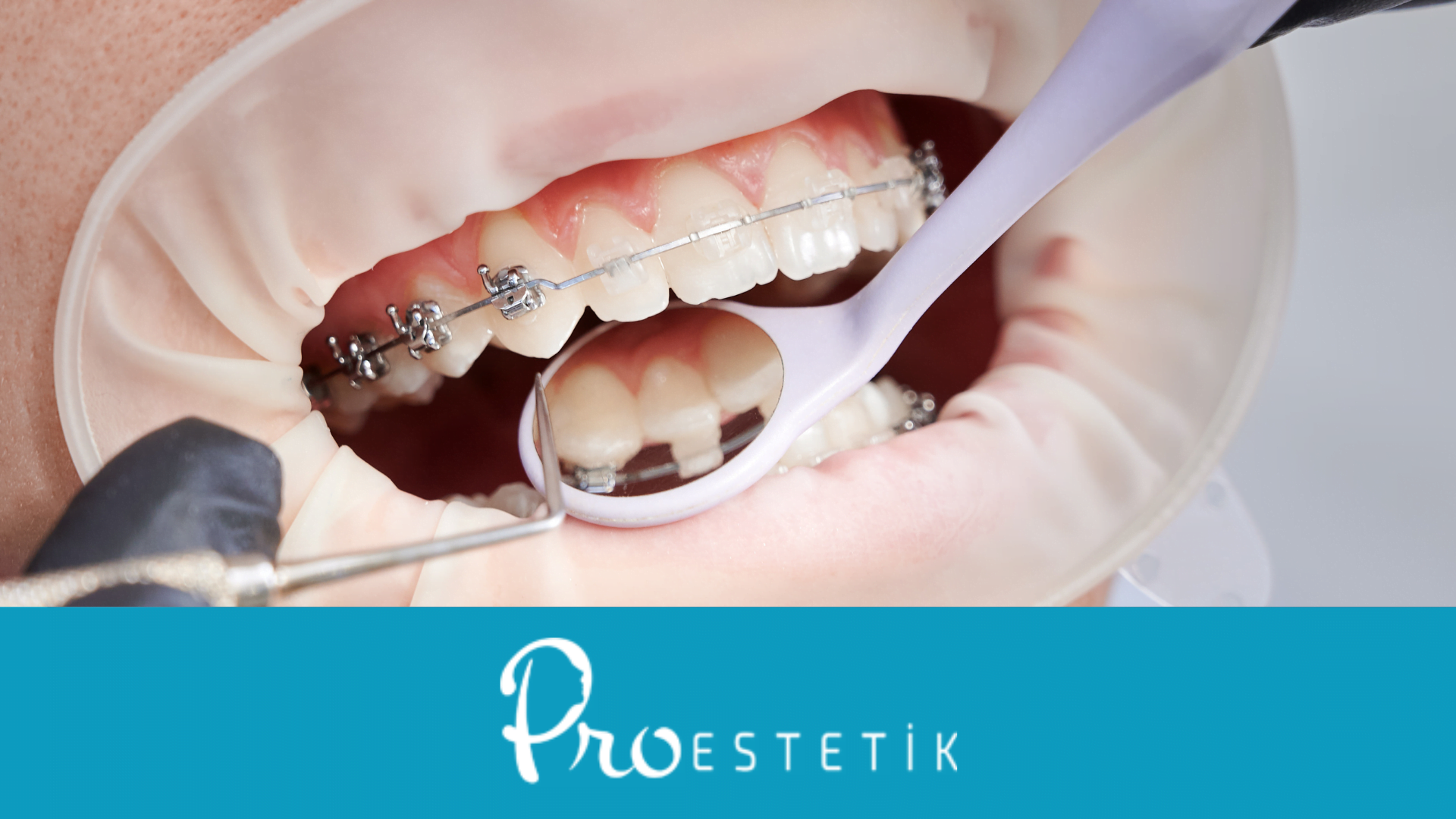
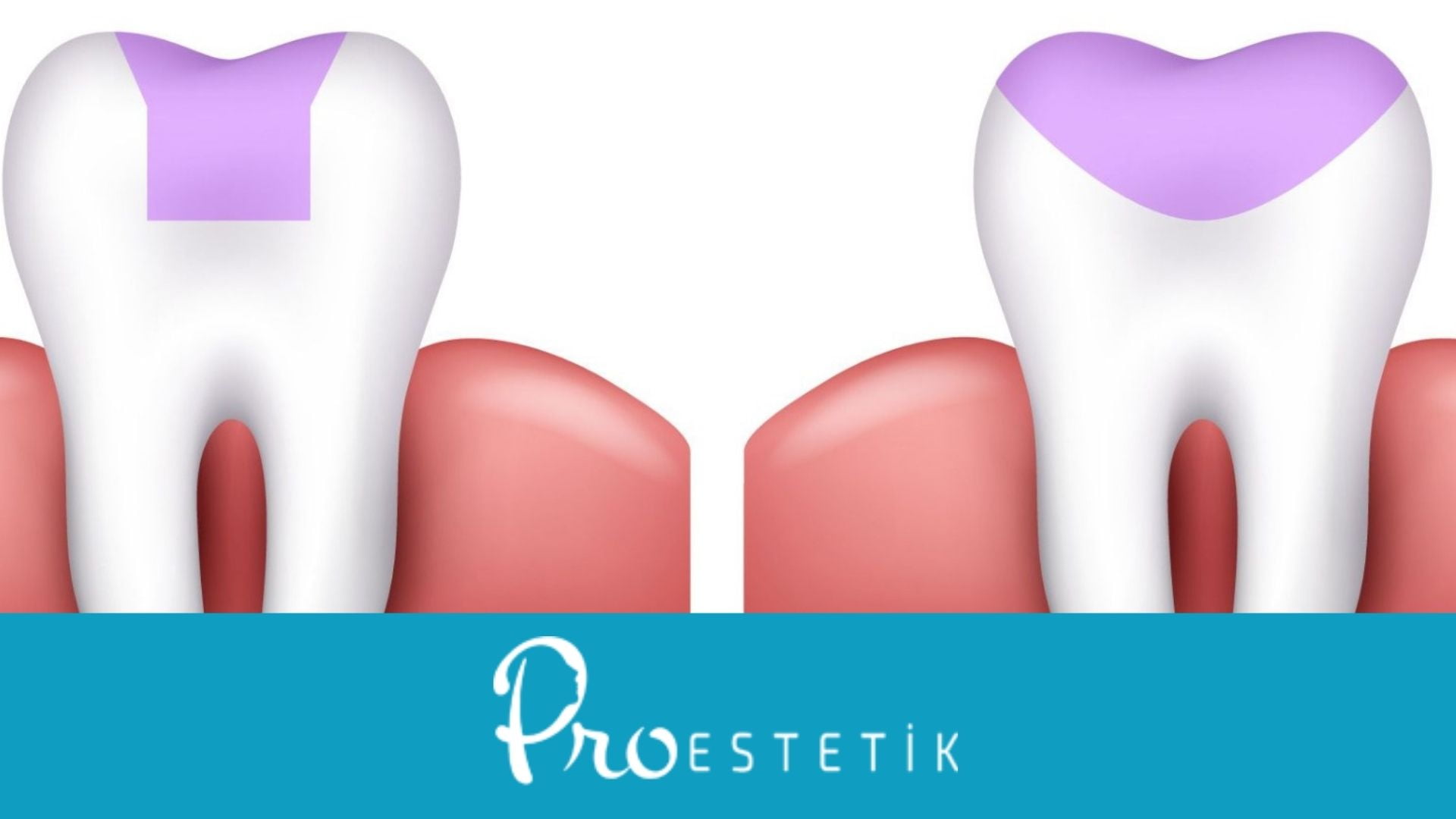

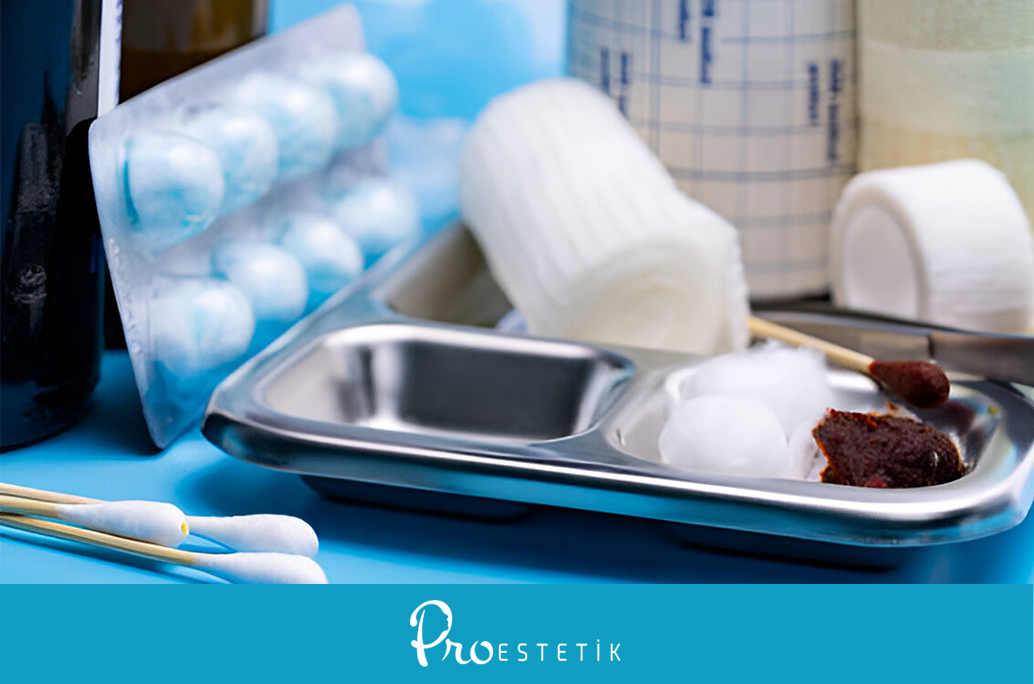



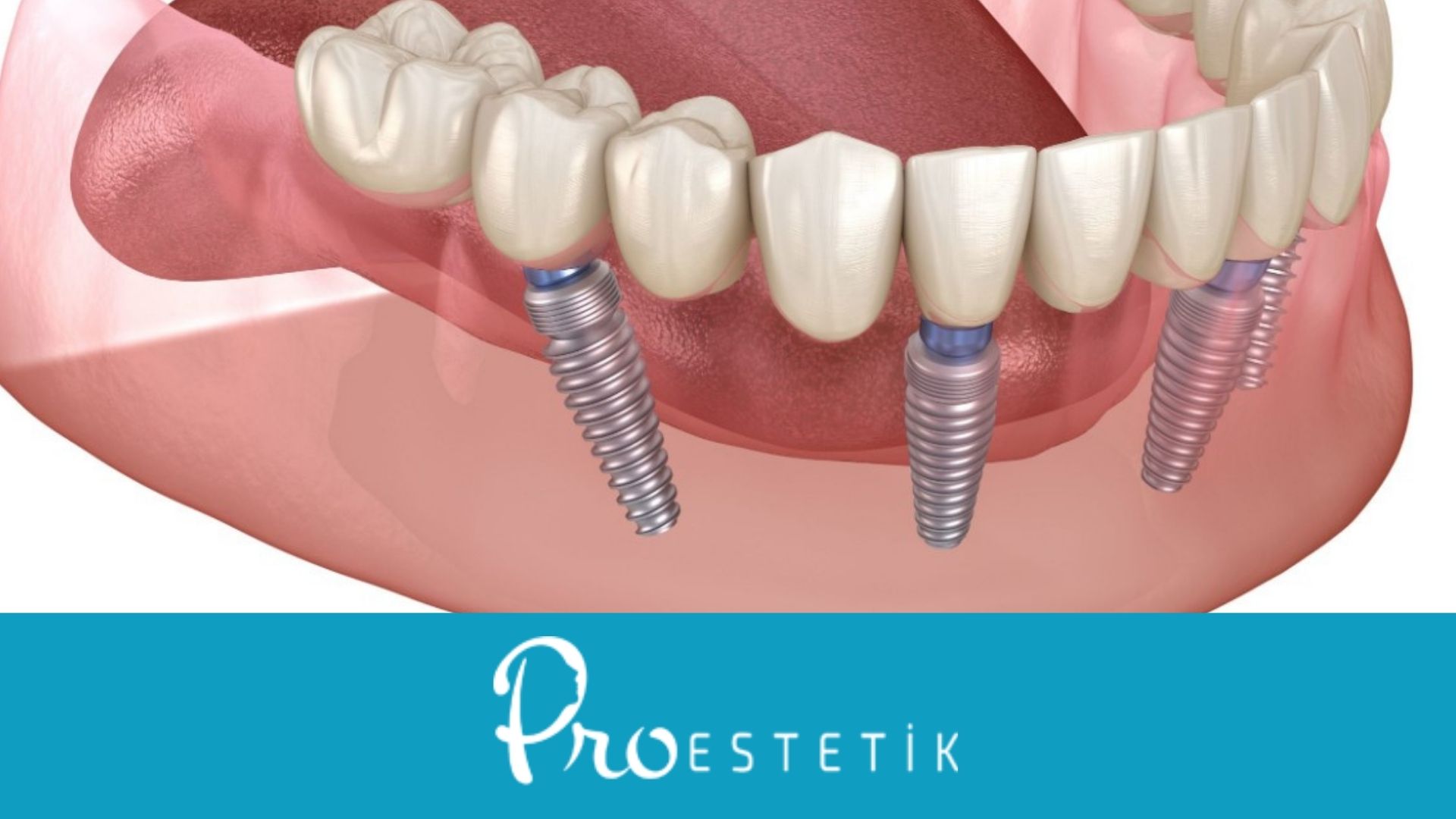
Denise
1 year agoI have had 6 in plants top and bottom. Complete removal of teeth, 7 cysts top gum were removed… Nov 22, not good experience 😕 I have flights booked end of April 23 but im not confident… I have been without temporary dentures, which lost me several clients… I have no gums as such now… stitches on bottom came out whilst on last evening when temporary dentures were given but they were too big and no one was around to see me… can you help?